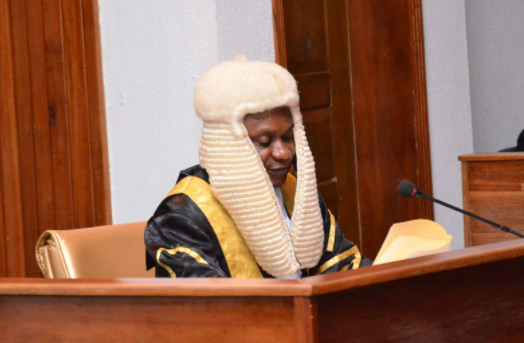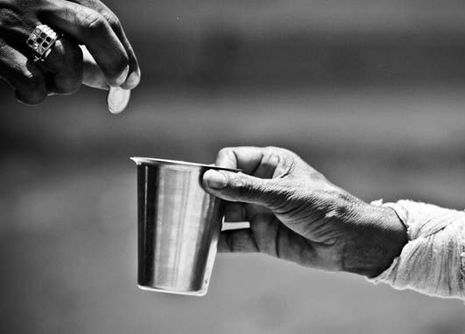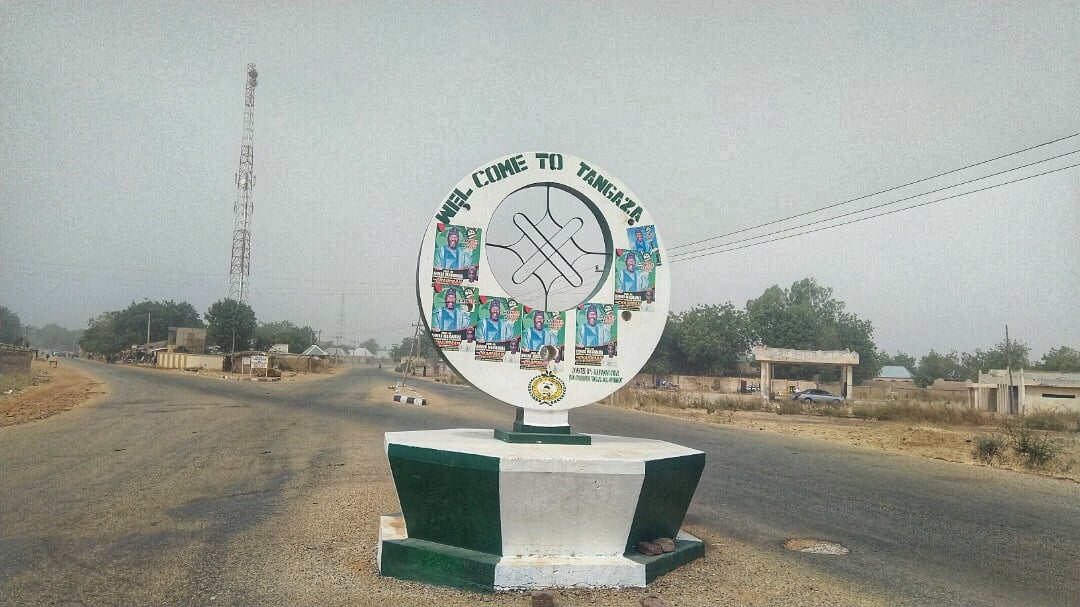BY TONY ICHEKU
When Chinedum Orji emerged as speaker of Abia state house of assembly in its 7th session, it was against a wall of cynical public opinion. Many failed to see what difference he would make in an institution regarded as a rubber stamp of the executive.
Some extreme views went so far as to insinuate that he aspired to the speakership to plot a legislative coup against the state governor Okezie Ikpeazu.
Two years down the line, such critics may want to re-appraise their position, thus the thrust of this article: ‘Chinedum Orji’s leadership of Abia’s 7th assembly: How significant? How effective?’
Advertisement
Under Nigeria’s 1999 constitution, as amended, the influence of the legislature is derived from its power to make laws that shape, influence and guide every act of the executive.
For instance, the Abuja municipal area council (AMAC) which administers Abuja metropolis once acted to sanitize the rowdy parking of vehicles in the city by creating paid-for parking lots on designated roads/streets. “But AMAC has no such power to do this”, one smart alec thought and went to court to challenge the order. ‘You are right!’, the court ruled, ‘No law exists in support of the order’.
In one blow, AMAC lost its good intentions and targeted revenue generation. Such are the powers of laws in a democratic setting.
Advertisement
The public relations department of ASHA may proffer tonnes of documents to prove the proficiency of Abia’s 7th assembly led by Orji, but laws are as good as the power it gives the executive to advance the wellbeing of citizens.
Abia state is largely semi-rural, lacking in economic deposits of mineral resources and the presence of major industries.
Besides its rich agricultural resources which remains untapped, human resources are therefore Abia’s largest asset, thus assessment of the performance of the government is often based on its capacity and capability or failure to advance the wellbeing of the majority. Building on this premise, this article analyses two laws passed by Abia’s 7th assembly, namely ‘Abians in diaspora law’, and ‘Abia water and sewage development law’ to assess their impact on the wellbeing of Abians.
How significant, how effective would these laws be in furthering the wellbeing of Abians?
Advertisement
The subject matter of Abia water and sewage development law – potable water and sanitation – is one that raises worldwide concerns. As a matter of fact, water and sanitation is 6th among the 17 goals of the United Nations sustainable development goals (SDG). Abia, like other states, lacks basic public water supply and sanitation services. Schools, markets and motor parks, and hosts of other public places lack access to basic water supply and sanitation services.
The effects of the lack of access to potable water and sanitation services nationwide – the spread of water-borne diseases- forced the federal government in 2018 to declare a state of emergency on water, sanitation and hygiene (WASH).
The Abia water and sanitation development law could be likened, if you choose, to the domestication of the UN’s 6th SDG goal as it provides a legal framework to guide the actions and mandate of the Abia government to provide affordable water to all households.
An Indian environmental activist and water expert contend that frequent episodes of WASH-related diseases make victims be absent from school or work, as they take time off to heal or take care of a sick relative.
Advertisement
If this law is to be of any use to Abians, the executive must implement the same with lion-hearted courage and focus it deserves. And the 7th assembly would get the accolades it deserves for passing this law if it goes beyond mere appropriation of funds for its implementation to exercising its oversight functions to ensure that what was earmarked was executed. On a positive note, this law has the potential to attract funding, resources and expertise from development partners and donor agencies
The Abians in diaspora law possess the imprint of people-oriented legislation with its thrust and ambition being to mobilise the enormous resources of Abians in diaspora for the development of the state. It stated this in its narration: “Provide a platform for all Abians irrespective of their location to be part of the developmental narratives of the state”.
Advertisement
A Nigerian who could be described as an expert on Nigerians in diaspora, Abike Dabiri-Erewa, was the most excited when the law was passed.
Dabiri-Erewa, chairman/CEO, Nigerians in Diaspora Commission (NIDCOM), conceptualized and gave life to Nigerians in Diaspora issues when she served as house committee chairman on Nigerians in Diaspora.
Advertisement
According to her, the passage of the law makes Abia the first state in Nigeria to set up a diaspora agency for its citizens, just over two years after the National Diaspora Commission started operations.
“… this singular act has already placed Abia state light years ahead of other states and have invariably set the pace for others to follow”.
Advertisement
She described the signing of the Abia state diaspora bill into law as “indeed historic and the significance of this cannot be overstated as Abia state will in no distant time experience far-reaching positive effects from its diaspora. The signing of the Abia state diaspora bill will witness further increase diaspora participation in Abia state”.
While only two legislations may not suffice in appraising the performance of a four-year term legislature, the import of these two laws lies in their potentials to create a significant, impactful turnaround in the socio-economic fortunes of Abia state.
Furthermore, the capabilities inherent in the two laws showcases a thinking legislature and purposeful leadership.
Looking back, Chinedum Orji has not only silenced his traducers but has gone further to create a record as one of the states where the executive-legislature relationship is one of mutual respect and partners in progress. All said and done, he comes across like a marathoner yet to brace the finishing tape
Icheku is a journalist, and public affairs commentator
Views expressed by contributors are strictly personal and not of TheCable.
Add a comment






